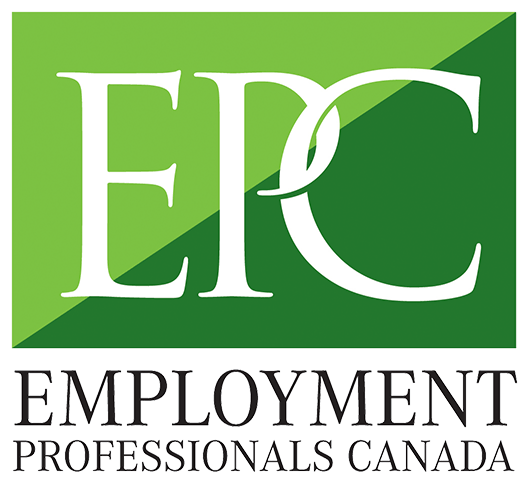Introduced in September 2012, LinkedIn endorsements have quickly become a popular feature of the professional networking site. Endorsements are a quick, easy way to be recognized for your skills and expertise outside of asking a connection for a full recommendation. They also add credibility to your profile and draw attention to your skills. A potential employer can learn a lot by simply taking note of who has endorsed you and for what.
However, there are a few important things to keep in mind when you begin receiving endorsements on LinkedIn.
Choose your connections wisely
While many of us only connect with people that we know well and in a professional capacity, others have friends, family or personal acquaintances as LinkedIn connections as well. There’s nothing wrong with this, of course. But if you begin receiving endorsements from family or friends that aren’t at all relevant to your career, you may want to reconsider whether or not this is a good idea.
List only your most important skills
Rather than giving a long laundry list, focus on the top 8-10 skills that you’d like a potential employer to see. Not only does this help them understand you better; it increases your chance of receiving a meaningful endorsement from a professional connection for your most important skill(s). Endorsements for your first ten skills are also the only ones that will appear in your public profile.
Return the favour
If a former or current colleague takes the time to endorse skills of yours, you may want to look through their profile and do the same. While it certainly isn’t a requirement to reciprocate when you receive an endorsement, it’s still good form—particularly if you received an endorsement from a supervisor or someone that you might want to use as a future reference.
Don’t forget the value of other professional endorsements
There’s no question that hiring managers browsing your LinkedIn profile during the applicant screening process will notice whether your skills have been endorsed. That said, how heavily this is weighted is still up for debate. Some recruiters may consider a LinkedIn endorsement a ‘cheap and easy’ way to receive professional recommendations. Others may consider it valuable, but not nearly as valuable as a written or verbal recommendation from a supervisor.
So, although you want to spend time ensuring that your profile represents you in the best way possible—and professional endorsements are an undeniable part of this—it’s crucial not to lose sight of the other ways that you can get a stellar endorsement and/or recommendation from a boss or colleague.
For more information on how to approach LinkedIn endorsements during your job search, contact Employment Professionals Canada. With extensive experience in online professional networking, we’d be glad to help guide you during your search.

